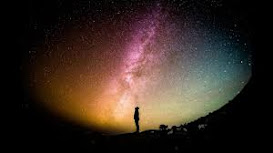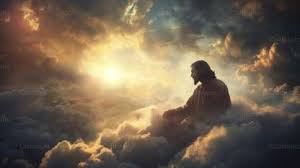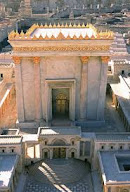In Richard Rohr's "Things Hidden: Scripture as Spirituality," (which I highly recommend), on page 148 he offers an example of how God forgives and transforms us. Here are a few lines:
Paul, of course, in the New Testament, is presented as a transformed accuser, a converted persecutor, maybe even a mass-murderer, whom we now call a saint. No one had been more pious, Jewish and law-abiding than Paul (Philippians 3:5-16). He was a perfect Pharisee, as he said, and suddenly he realized that in the name of love he had become hate, in the name of religion he had become a murderer, in the name of goodness he had become evil.
Paul was set up to recognize the dark side of religion, the scapegoating mechanism, the self-serving laws of small religion. He went global and that changed everything, and is probably why most of us are reading the bible today." 148
During the Easter season the daily mass lectionary took us through the story of the early church with readings from the Acts of the Apostles, so we're familiar with the story of Saul's conversion as well as the opposition of the Pharisees and Scribes. One phrase in the above passage caught my eye, however, and gave me pause: "the self-serving laws of small religion."
What does "small religion" look like? I'm afraid that a description might start hitting pretty close to home for some of us. "Small religion" limits God's sphere of action to members of the particular in-group, those who have the legal formulas for pleasing God and the moral laws which, if obeyed, guarantee one's entrance into eternal reward.The first Christians were, as we know, all Jewish. When non-Jews began being converted to Christ and seeking Baptism, these Jewish Christians faced a momentous decision: Should non-Jews be required to become Jews first and follow Jewish dietary laws and observe the sabbath? The principles of "small religion" were telling many of these Jewish Christians to insist that any convert must observe Jewish laws (Acts 15:1).
But Peter, Paul and others, seeing how the Holy Spirit had come down upon these gentile converts, insisted that there be no such restrictions placed on the gentile converts. Thanks in great part to Paul, who had once been a champion of "small religion," the temptation to make Christianity a "small religion" of exclusivity and self-serving laws had been overcome, and the Good News could then begin to spread throughout the Gentile world with a speed that still to this day amazes even atheistic historians and scholars.
The French Jesuit, Pierre Teilhard de Chardin (1881-1955), was a priest, scientist, paleontologist, theologian and philosopher who taught that the idea of evolution was at the center of God's ongoing plan for the world, and that everything in the universe was taking part in this development; the Universal Christ and his mystical body were part of this evolution that was heading toward one ultimate goal.
Since tomorrow is the feast of Corpus Christi, it seems appropriate to share with you some of his thinking on the subject of the Holy Eucharist.
His vision of the Holy Eucharist is a perfect antidote to "small religion's" view of the world. When he gazed at the host as he elevated it during mass, he saw not God captured in a small wafer of bread for the benefit of the people attending mass, but saw rather a point from which infinite energy of divine love radiated out beyond the farthest galaxies into the entire universe, and into every electron and every atom in every molecule in the universe. This is not "small religion!" He encourages us to see ourselves as members of the Body of the Universal Christ, the One who loves all of creation with unbounded love. This is the Christ that Saint Paul spent the rest of his life preaching.
May the graces of the Holy Eucharist open our hearts and minds to this vision of a universal Christ and a universal Church!
 |
| Chardin could hardly have imagined the universe shown in this 2024 photograph! |




































